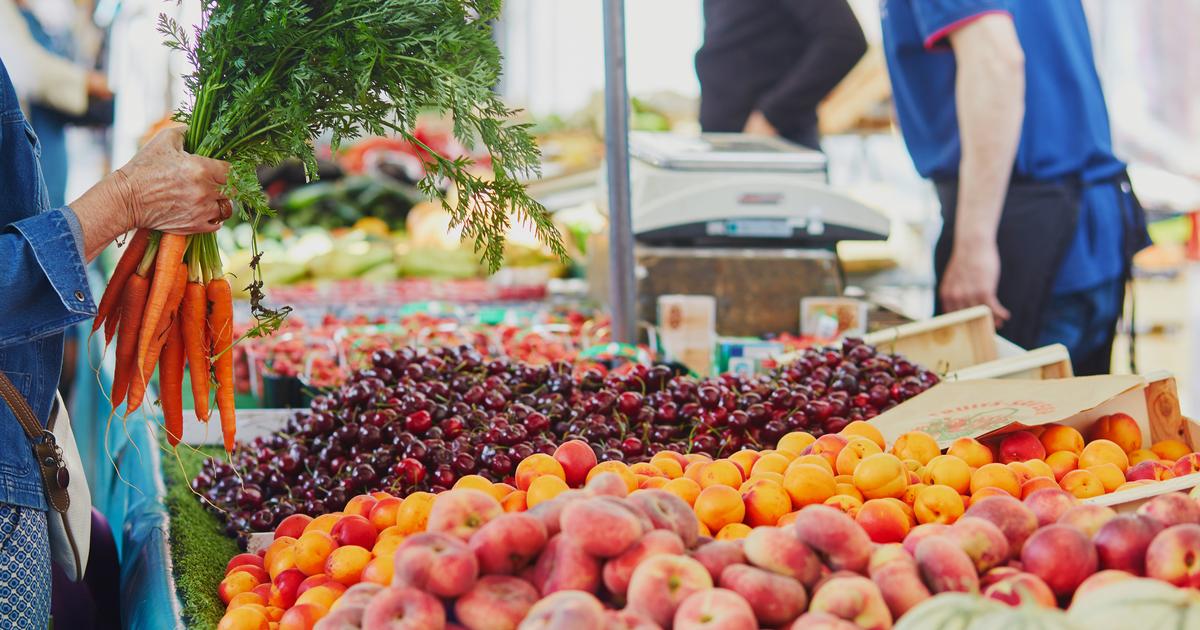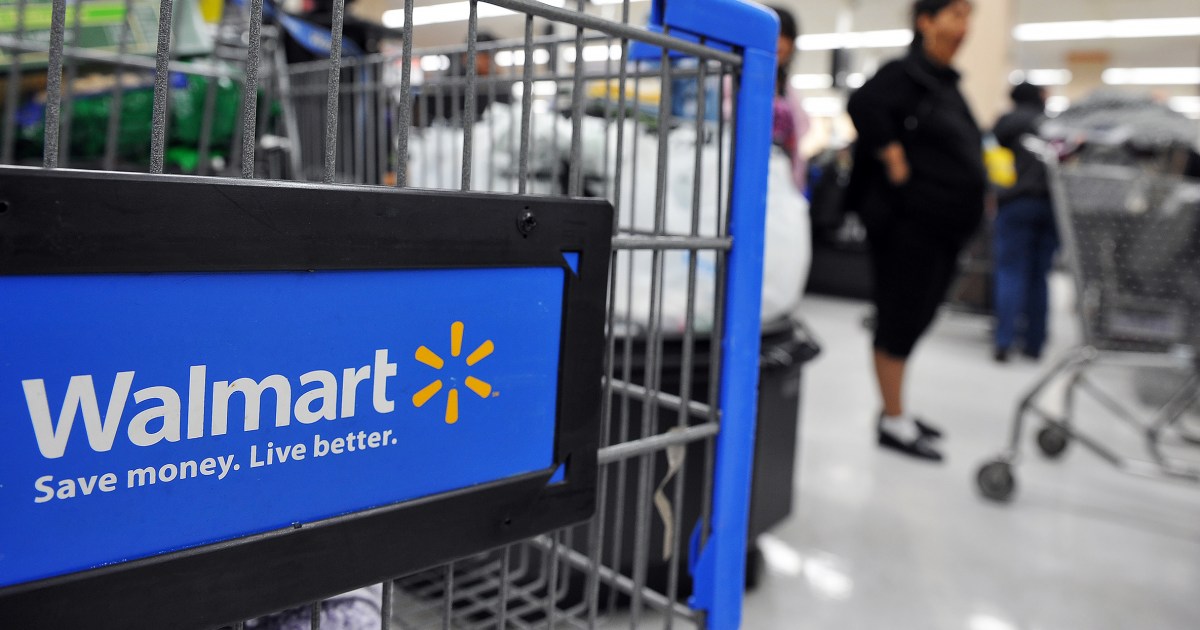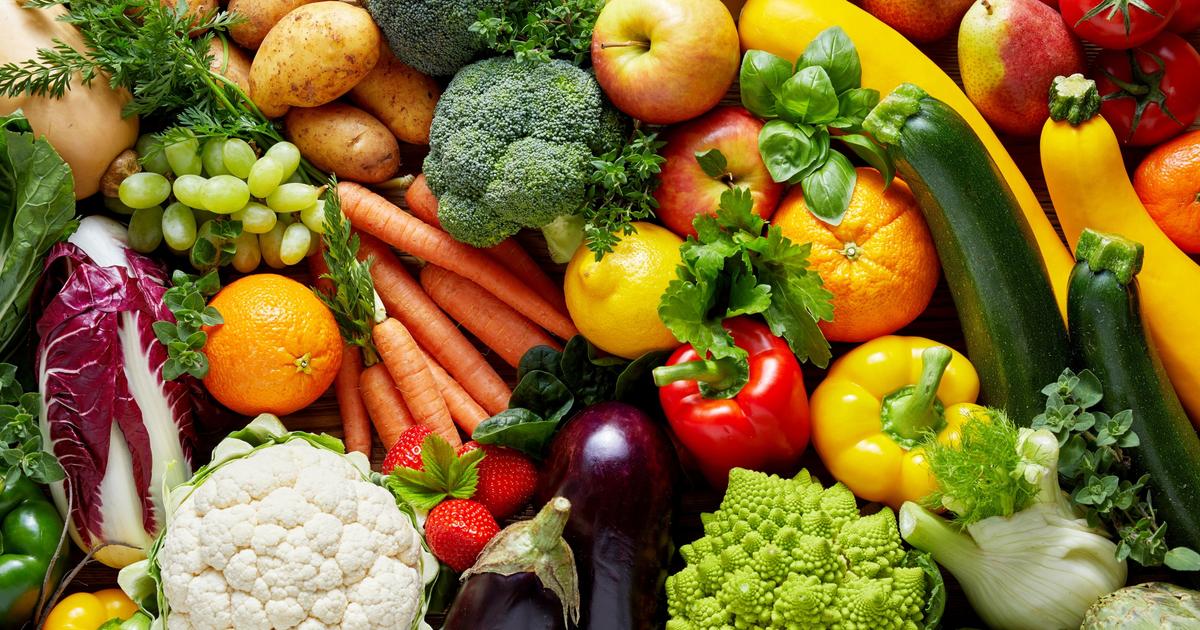After two decades, the European Union (EU) reopened its market to organic citrus fruits from Argentina. The measure was taken based on the efforts made by the National Service of Health and Agrifood Quality (Senasa) so that the block allows the use of a product that is applied to fruit for export.
According to the agency, the Directorate General for Agriculture and Rural Development of the European Commission (DG AGRI) informed Senasa that it accepted its proposal to use sodium bicarbonate as a post-harvest treatment in organic citrus fruits that are shipped to that destination. The product had already been authorised by the EU Directorate-General for Health and Food Safety (DG SANTE) for disinfection against cancrosis (Xantomonas citri pv citri).
Now, the export of organic citrus fruits that until now, in Argentina, lacked post-harvest treatments admitted by the authorities of DG AGRI is also authorized. According to what Senasa reported, its proposal is based on its Resolution 374/16 that regulates the certification of the production, elaboration and commercialization of organic products in our country.
The authorization of the EU to restart the import of organic citrus after twenty years, "is the corollary of the efforts of the national directorates of Plant Protection (DNPV) and Food Safety and Quality (DNICA), together with the General Coordination of International Relations of Senasa, within the framework of the current equivalence with that community block ", stood out from Senasa.
The measure will favor Argentine organic citrus producers who currently occupy more than 3,300 cultivated hectares.
It should be noted that between 2001 and 2003, Senasa certified shipments to the EU for 2,500 tons of organic fresh citrus fruits, mainly orange and lemon.








